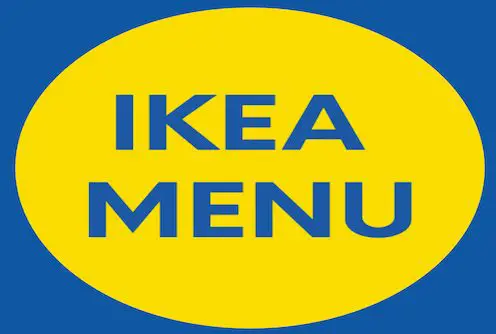The fascinating journey of Costco into the world of organic products is a testament to the company’s commitment to meeting changing consumer preferences and making environmentally sound business decisions. Within a relatively short period, Costco emerged as a major player in the organic food market. Initially, the company faced significant challenges in sourcing and certifying organic products. However, through strategic planning and collaboration with local farmers, Costco managed to establish a thriving business segment that continues to grow.
The Emergence of Costco’s Organic Product Line
Costco’s Decision to Venture into Organic Food Market
Around 2015, the global retail-giant Costco made a groundbreaking decision to invest in the organic food market, a strategic business shift that would transform its product lineup. This was driven by the increasing demand for organic products from health-conscious consumers, and Costco’s commitment to source and provide higher-quality and sustainable food options to its members.
The Driving Forces Behind the Move
There were a host of key factors that instigated Costco’s decision. The primary driver was a radical shift in consumer preference with an increasing demand for organic and healthier food choices. Observing a burgeoning trend of health-conscious consumers, Costco recognized the need to offer organic items for this growing customer segment. Furthermore, the move was additionally fuelled by Costco’s corporate value of social responsibility. By choosing to source and sell more organic products, the company could demonstrate its commitment to promoting sustainable farming methods and reducing harmful environmental impacts.
The Challenges During Initial Implementation
Despite the increasing demand and customer willingness to pay more for organic goods, Costco’s journey into the organic food market was not without obstacles. One of the primary struggles was to source enough organic produce to meet the high demand. Unlike conventional farming methods, organic farming requires more time and labor, resulting in lower yield.
Moreover, Costco had to deal with the strict certification process of organic products. In the United States, a product can only be labeled as organic if it is certified by a U.S. Department of Agriculture (USDA) accredited certifying agent. Costco, in their commitment to authenticity, had to ensure the organic integrity of the products, which was a challenging endeavor in the vast, complex supply chain.
Finding a Way Round: Sourcing and Certifying
In addressing these challenges, Costco took a novel approach of going directly to the farmers and offering them long-term contracts. Bearing the certification costs and providing upfront funding for farmers to buy equipment, Costco helped secure a reliable and steady supply of organic products. Not only did this approach ensure a consistent organic supply chain but it also encouraged more farmers to switch to organic farming.
Furthermore, Costco committed to following all USDA regulations to maintain organic integrity. This included ensuring all organic products were free from synthetic additives and genetically modified organisms (GMOs), and were grown without chemical fertilizers and pesticides. Costco also made sure that all organic animal products were from animals that have been fed only organic, non-GMO feed and raised without antibiotics or growth hormones.
In the face of initial challenges, Costco’s forward-thinking methods for sourcing and accreditation have paved the way for their successful foray into the organic food market. Today, the path of innovation continues, with an ever-expanding range of organic products on their shelves, testament to Costco’s unwavering dedication to providing its customers with an enriched selection of eco-friendly choices.
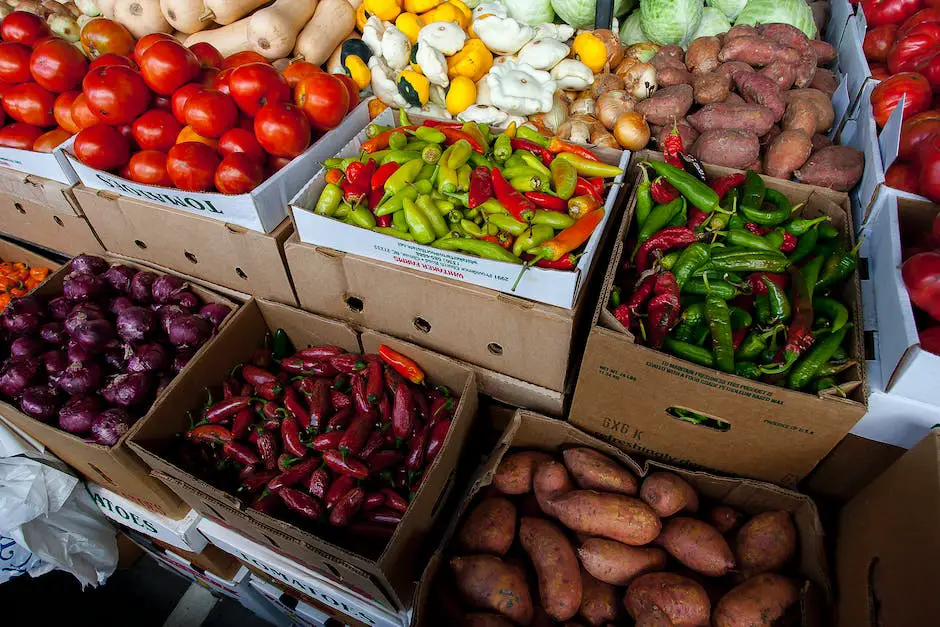
Analysing Costco’s Organic Food Supply Chain
Fostering Partnerships with Organic Farmers
Costco has nurtured resilient partnerships with organic farmers, a strategy that ensures a stable influx of organic product supply. Demonstrating an emphasis on a collaborative approach, the company actively enters into direct contracts and provides financial aid to organic farmers. This initiative not only secures a profuse supply of raw organic materials, but also underscores their dedication to promoting farming practices that favor sustainability.
Setting itself apart from its retail counterparts, Costco focuses on building lasting relationships with farmers instead of purely business-based, transactional relationships. Costco invests its effort and time to understand and address the challenges farmers face, collaboratively devising solutions that render mutual gains. This co-operative approach breeds trust and loyalty, cultivating flourishing relationships between Costco and its network of organic farmers.
Organic Sourcing Strategies
Costco’s sourcing strategies for organic products are centered around reducing the steps from the farm to Costco warehouses. The company heavily invests in its supply chain by streamlining operations, building relationships with producers, and shortening supply lines. They focus on locally sourced commodities when possible, which reduces the environmental impact of transportation and also supports local economies.
This approach not only aids in ensuring quick delivery to the warehouses but also helps maintain the freshness and quality of the products. As part of its sourcing strategy, Costco also constantly explores new markets to increase its list of organic suppliers, ensuring variety and availability of organic products in its warehouses.
Quality Management and Safety Standards
Costco’s quality management is immaculate, as the company does not compromise when it comes to organic product standards. The company maintains rigorous standards for organic products, ensuring they meet or exceeding USDA Organic Certification standards. Regular audits and inspections are carried out to ensure suppliers adhere to these requirements.
Regarding safety standards, Costco employs strict measures to ensure the organic integrity of the products. This includes monitoring and testing for residues, which helps prevent potential contaminations. Additionally, the company uses traceability programs to track products from the farm to the shelves of Costco warehouses. This guarantees any quality or safety issues can be quickly traced back to the source, enabling swift resolutions.
Exploring Costco’s Organic Commitment: A Deeper Understanding of Green Choices
Costco’s determination to prioritize the organic food supply chain reflects its dedication towards sustainable business practices, supporting local economies, and offering superior products to its clientele. The company’s organic venture isn’t just a passing interest but rather a profound immersion into eco-friendly decisions, ranging from fostering co-operative ties with organic farmers to upholding stringent safety protocols.
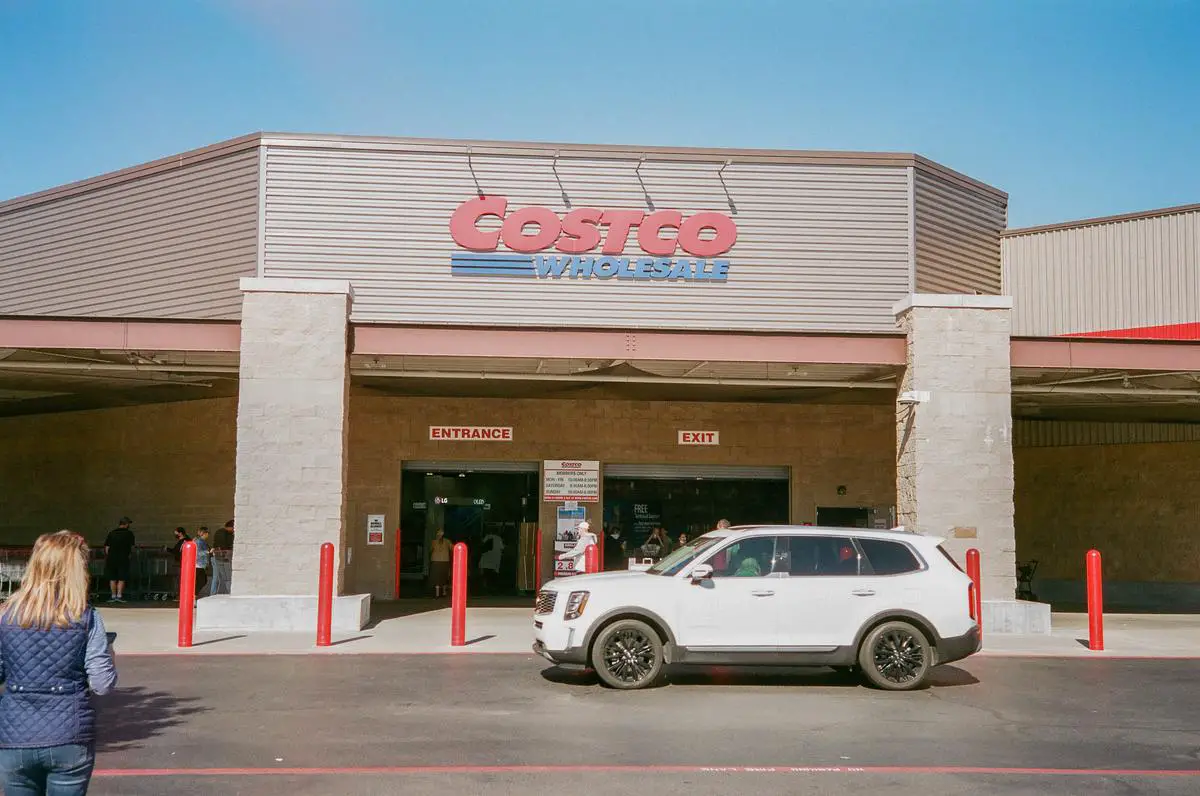
Photo by beirutefilm on Unsplash
Impacts of Costco’s Green Choices on Consumers and the Environment
The Ripple Effect of Costco’s Organic Venture on Consumer Purchasing Behaviour
The strategic move by Costco to embrace the organic market has instigated remarkable shifts in consumers’ purchasing habits. As one of the most influential retail giants globally, Costco’s organic journey entails repercussions far beyond the organization’s borders.
Once considered a luxury, organic options are now becoming more mainstream and affordable for diverse consumer demographics, largely due to Costco’s efforts to tap into the organic food sphere. Consequently, a larger proportion of the population is incorporating organic produce into their eating habits, reducing their intake of processed foods, and enhancing their overall health and wellness.
In addition, the company’s steadfast commitment to trading superior-grade, organic commodities has spiked consumer trust. When shopping at Costco, customers are reassured by the organic stamp, indicating the company’s comprehensive scrutiny to confirm compliance with stringent organic farming guidelines. This trust has evolved into a loyal customer base that regularly turns to Costco for their organic shopping needs.
Environmental Impact of Costco’s Commitment to Organic Farming Practices
While the consumer impacts of Costco’s organic journey are significant, the environmental benefits are equally noteworthy. Organic farming practices are inherently more sustainable and environmentally friendly than traditional farming methods, primarily because they avoid the use of synthetic pesticides and fertilizers.
By advocating for organic farming, Costco is indirectly supporting environmentally friendly practices. Organic farming helps preserve natural habitats by encouraging farmers to maintain ecological balance and biodiversity on their farms. It also keeps harmful chemical substances out of our waters and air by avoiding pesticides and fertilizers that traditional farming methods often use.
Investing heavily in organic items has allowed Costco to put significant demand on organically grown produce, driving farmers to adopt more sustainable farming practices. The retailer’s influence has further extended to other manufacturers and businesses, nudging them toward greener operations and more sustainable practices.
Moreover, Costco’s efforts even go beyond organic farming. The company has implemented various sustainable initiatives such as become more energy efficient, improving waste management, and endorsing ethical seafood sourcing and animal welfare. Costco’s “Take A Green Step” program encourages shoppers to make greener choices and understand where their food comes from, demonstrating a commitment to both informing consumers and advocating for environmental responsibility.
Simply put, Costco’s venture into the organic sector has brought about a marked change in shopping habits. It has made organic goods more accessible and appealing to a broader audience. Simultaneously, this move has yielded significant ecological advantages by promoting more eco-friendly farming methods. It’s clear that Costco’s green efforts do not just influence their customers’ choices, but also contribute meaningfully towards broader environmental sustainability.
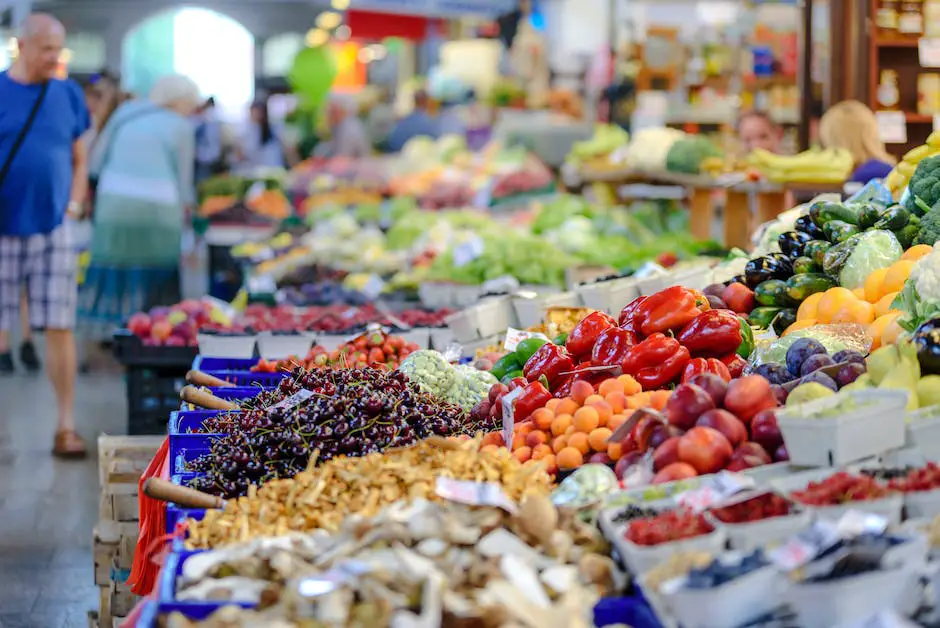
The Way Forward: Future Plans for Costco’s Organic Offerings
Costco’s Future Plans: Diversifying Organic Selections
In line with its dedication to healthier alternatives, Costco’s future plans embrace the prospect of extending its range of organic goods. The corporation plans on strengthening its partnerships with farmers to increase the production of organic food, thereby ensuring an expanded scope of organic products for their shoppers. Additionally, they are making strides to include more organically grown produce from local sources. This not only lowers the carbon footprint but also bolsters local agriculture whilst supplying consumers with fresher options.
New Projects and Expansions Ahead
In a bid to diversify their organic offerings, Costco has inaugurated its own poultry farm to cater to organic chicken demand and is speculated to consider similar ventures for other organic items. It also plans to increase its organic offerings beyond food to other sectors like clothing and health, promoting a holistic green approach. This entails sourcing organic cotton for clothing and harnessing natural ingredients for health and beauty products.
Potential Challenges and Potential Solutions
While the future looks green for Costco, challenges abound. One such challenge is meeting the increasing demand for organic products, which often outstrips supply. But Costco is poised to confront this through initiatives like its farmer financing program. Under this arrangement, the company provides financial aid to farmers to invest in organic farming technology, helping to shorten the supply-demand gap.
Another challenge lies in maintaining affordability amid the high costs involved in organic farming. Costco believes in customer-centric pricing and is working on sustainable strategies that allow farmers to reduce overhead costs, thereby providing customers with reasonably priced organic products.
Implications for the Supermarket Industry
Costco’s progressive move towards organic and sustainable offerings might foster a significant shift in the supermarket industry. As Costco continues to popularize organic products while keeping prices affordable, it may compel other supermarkets to follow suit, fostering a new competitive frontier in the industry.
Moreover, by offering organic products across various sectors, Costco may spur a broader market shift towards organic goods. This push aligns with growing public consciousness about health and sustainability, potentially making this green initiative a lot more than just a market trend.
Costco’s Unique Niche: Driving Sustainability in the Retail Industry
Given the strong public sentiment towards saving the environment, Costco’s unwavering drive towards sustainability promises to strengthen its niche in the retail industry. Costco is not just selling organic products – it is encouraging an eco-friendly lifestyle. As more consumers actively seek out responsible retailers, Costco’s commitment to sustainability offers a clear advantage. Its blend of affordability, varied organic line, and green initiatives are what will usher in Costco’s future in the retail industry.
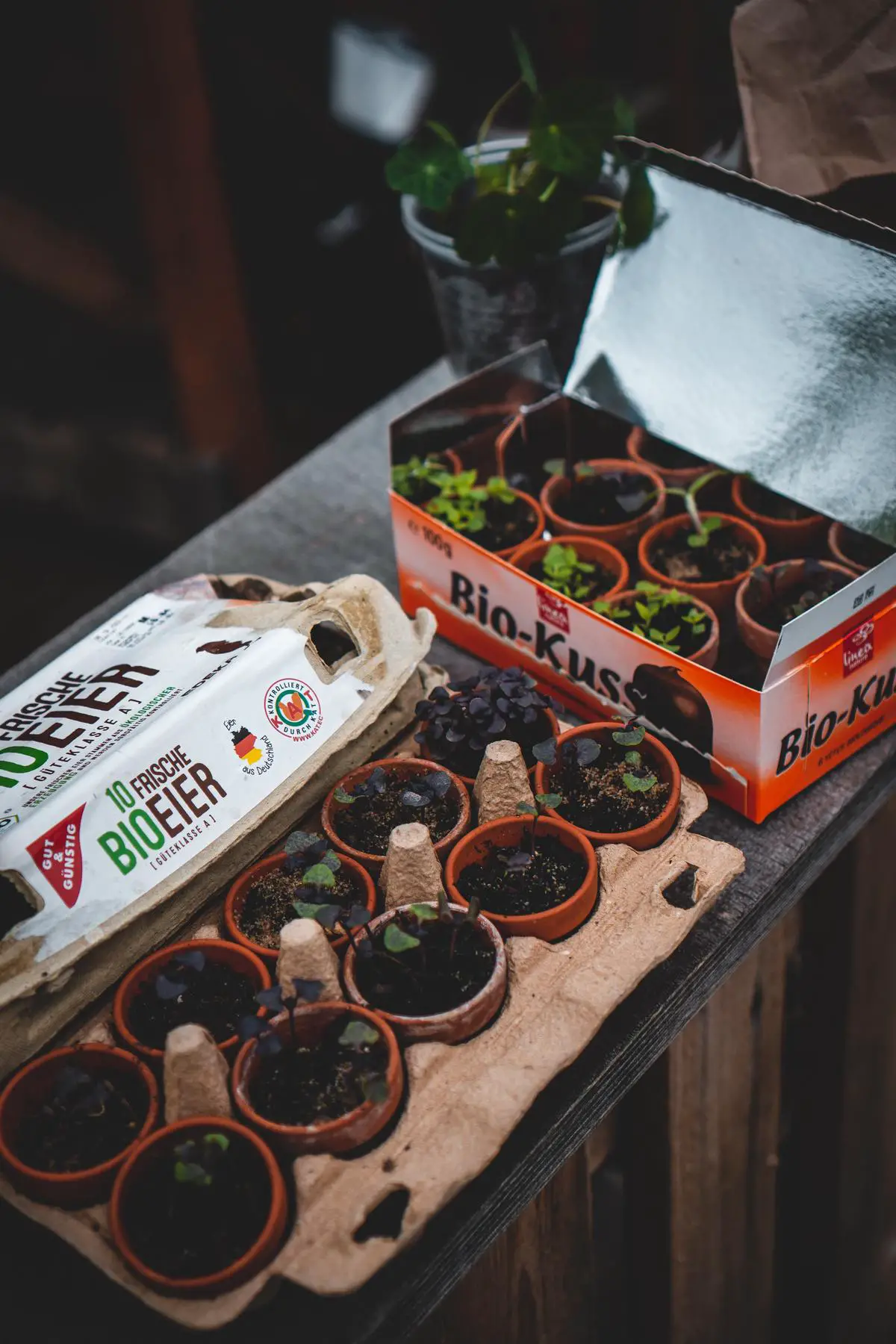
As Costco continues to refine and expand its organic product line, the company’s future plans suggest a deep-seated commitment to a green business model. Projects aimed at increasing the scale and variety of organic offerings will not only serve to solidify Costco’s position in the supermarket industry but will also likely shape consumer behavior and contribute to sustainable agriculture practices. Ultimately, Costco’s organic journey speaks volumes about their vision for a business model that values both profitability and environmental sustainability, setting a persuasive example for other market players.
